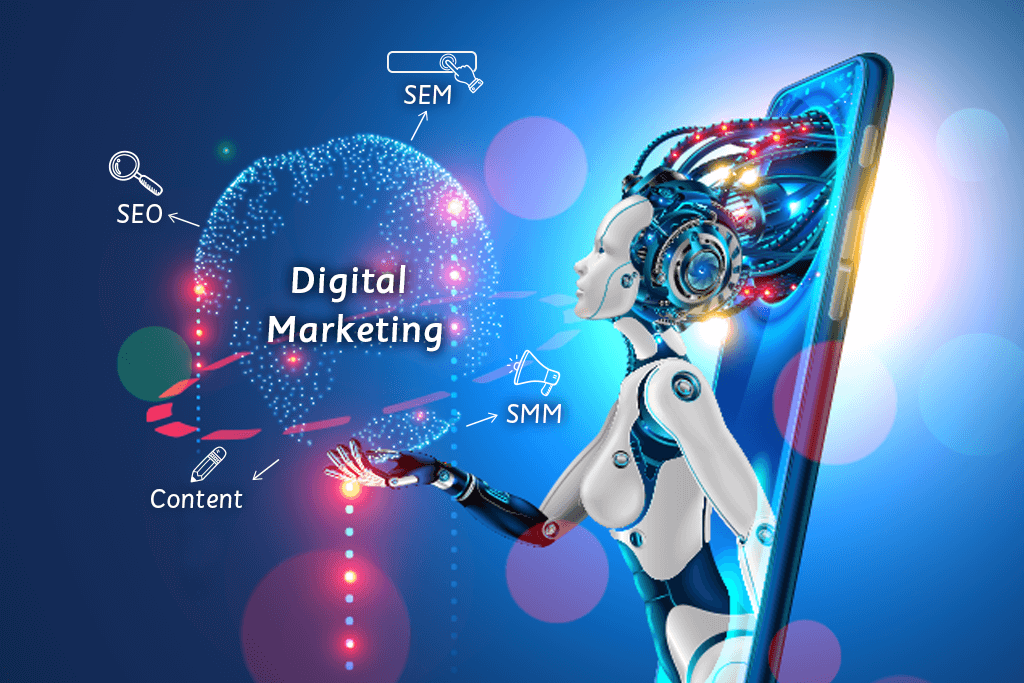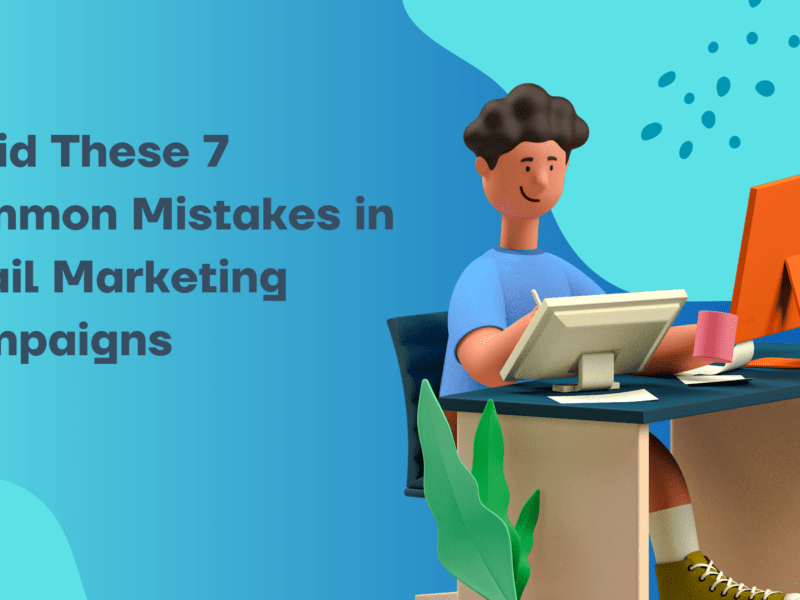In today’s fast-paced digital landscape, staying ahead of the curve requires more than just traditional marketing strategies. As technology continues to evolve, artificial intelligence (AI) and machine learning have emerged as powerful tools that are revolutionizing the way businesses approach digital marketing. From personalizing customer experiences to optimizing campaign performance, AI and machine learning are reshaping the future of digital marketing. In this comprehensive guide, we’ll explore the pivotal role of AI and machine learning in digital marketing and how businesses can harness their potential to drive success.
Understanding AI and Machine Learning:
Before delving into their role in digital marketing, it’s essential to understand what AI and machine learning entail. AI refers to the simulation of human intelligence in machines, enabling them to perform tasks that typically require human intelligence, such as problem-solving, decision-making, and language translation. Machine learning is a subset of AI that focuses on algorithms and statistical models that allow machines to learn from data and improve over time without being explicitly programmed.
Personalization at Scale:
One of the most significant benefits of AI and machine learning in digital marketing is their ability to personalize customer experiences at scale. By analyzing vast amounts of data collected from various sources, including website interactions, social media activity, and purchase history, AI-powered systems can create highly targeted and relevant content and offers for individual customers. Personalized marketing not only enhances customer satisfaction but also drives engagement, loyalty, and conversions.
Predictive Analytics and Insights:
AI and machine learning algorithms can analyze historical data to identify patterns, trends, and insights that would be difficult or impossible to discern manually. By leveraging predictive analytics, businesses can anticipate customer behavior, forecast demand, and make data-driven decisions with confidence. Predictive analytics can inform strategic marketing initiatives such as product development, pricing strategies, and campaign optimization, helping businesses stay ahead of the competition and drive growth.
Enhanced Customer Service and Support:
AI-powered chatbots and virtual assistants are transforming the way businesses interact with customers and provide support. By leveraging natural language processing (NLP) and machine learning algorithms, chatbots can understand and respond to customer inquiries in real-time, providing instant assistance and resolving issues efficiently. Chatbots can handle routine tasks, such as answering FAQs, scheduling appointments, and processing orders, freeing up human agents to focus on more complex and high-value interactions.
Optimized Advertising and Campaigns:
AI and machine learning are revolutionizing the way businesses approach advertising and campaign optimization. AI-powered algorithms can analyze vast amounts of data to identify audience segments, predict the performance of different ad creatives, and optimize bidding strategies in real-time. By automating and optimizing advertising processes, businesses can maximize their return on investment (ROI) and drive better results across various digital channels, including search, social media, display, and email marketing.
Content Creation and Optimization:
AI and machine learning technologies are also transforming content creation and optimization. Natural language generation (NLG) algorithms can generate human-like content, including articles, blog posts, product descriptions, and social media posts, at scale and with high accuracy. Additionally, AI-powered tools can analyze content performance, identify keywords and topics that resonate with the target audience, and recommend optimizations to improve search engine rankings and engagement.
Data-Driven Decision Making:
In today’s data-driven world, making informed decisions is essential for business success. AI and machine learning empower marketers to make data-driven decisions by providing actionable insights and recommendations based on real-time data analysis. By leveraging AI-powered analytics platforms, marketers can gain a deeper understanding of customer behavior, track key performance indicators (KPIs), and measure the effectiveness of their marketing efforts with precision.
Ethical Considerations and Challenges:
While AI and machine learning offer tremendous opportunities for digital marketers, they also raise ethical considerations and challenges. Businesses must ensure transparency, fairness, and accountability in their use of AI-powered technologies, particularly concerning data privacy, algorithmic bias, and user consent. Additionally, as AI becomes increasingly integrated into marketing processes, businesses must invest in training and upskilling their teams to harness the full potential of these technologies responsibly.
Conclusion
In conclusion, AI and machine learning are revolutionizing the field of digital marketing by enabling personalized customer experiences, predictive analytics, enhanced customer service, optimized advertising, content creation, data-driven decision-making, and more. As businesses continue to embrace AI-powered technologies, they must navigate ethical considerations and challenges while leveraging the potential of AI and machine learning to drive growth, innovation, and competitive advantage in the digital age.


